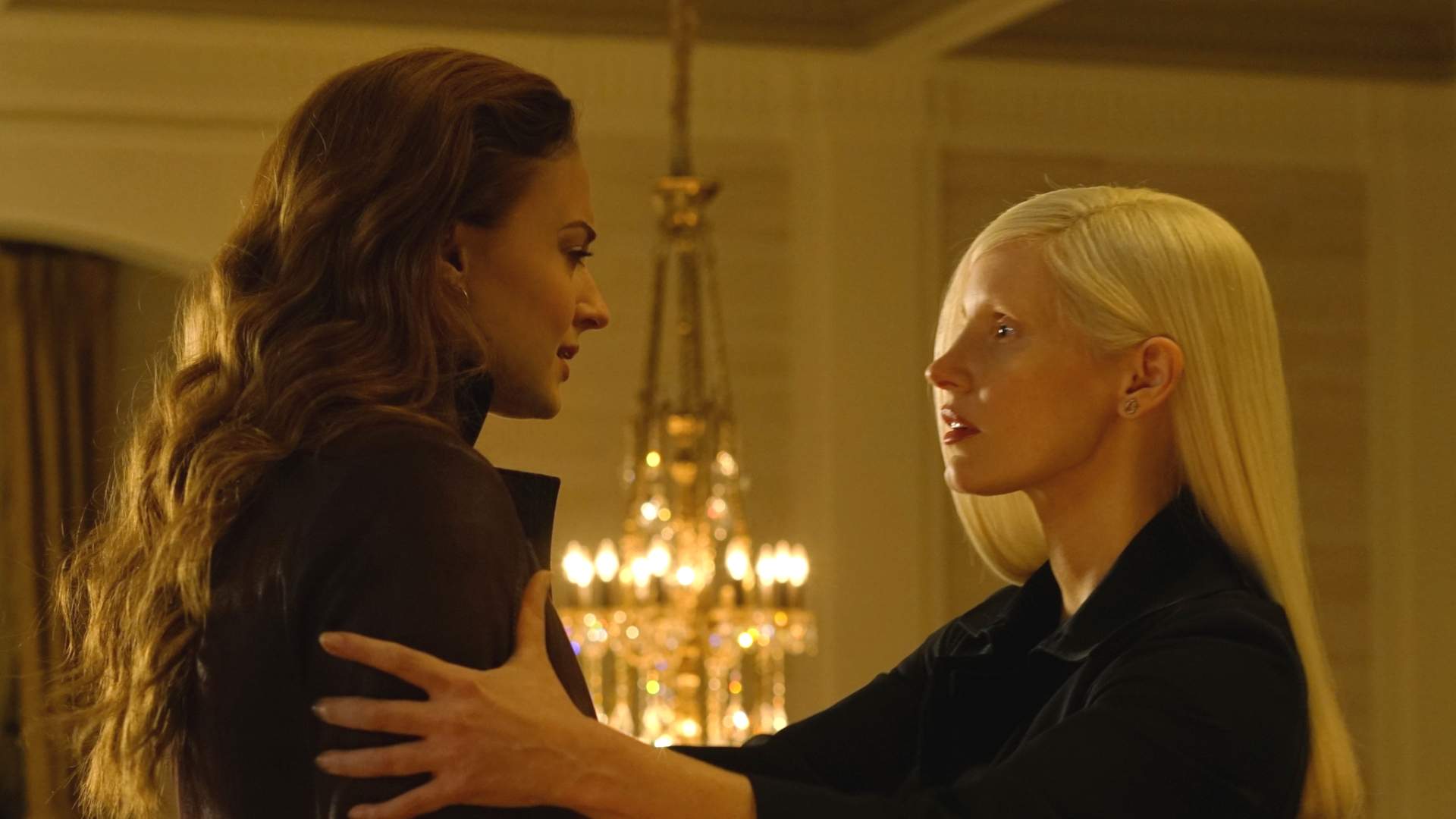X-Men: Dark Phoenix
It's never a good sign when your main character is also your least interesting one.
Overview
Have you ever been to a play where, no matter how prominent the lead was, your attention was always drawn to one of the secondary performers off to the side? That's the case with X-Men: Dark Phoenix, a film where everything's pretty decent except for anything to do with the actual title character.
Ultimately it's an issue of interest. There just isn't enough in the Jean Grey character (or at least, not in this iteration of the character, played by Sophie Turner, compared to Famke Janssen's version from the origial X-Men trilogy) to justify giving her such a prominent role in a universe already jam-packed with compelling fan-favourites like Magneto (Michael Fassbender), Mystique (Jennifer Lawrence), Charles Xavier (James McAvoy) and Beast (Nicholas Hoult). To appropriate that iconic line from Mean Girls: stop trying to make Jean Grey happen.
In a franchise that adroitly positioned itself as one of 'films with special effects' rather than 'special effects films', the masterstroke of the early X-Men movies was ensuring there were always human stories at their core, even if they were about super-humans and mutants. On that front, the original trilogy stands as a sublime allegory for the discrimination of minorities, no matter the kind. The franchise's first ever scene took place in a Nazi concentration camp, bars and restaurants featured mutant and non-mutant sections, and a narrow-minded mother asked her son: "have you tried... not being a mutant?" Beyond the us and them theme, they then added two more critical threads: a complex friendship between Magneto and Professor X, and a love triangle between Wolverine, Cyclops and Jean. It was these stories that made the films so engaging, whilst the special effects just added loads of cool.
X-Men: Dark Phoenix forgets that lesson after its first few (excellent) scenes, placing far too much emphasis thereafter on visual pageantry that adds very little to the story. Set mostly in 1992, Dark Phoenix begins with a confronting car-crash sequence, followed by a dramatic space rescue. Both, in their own way, set in motion plot lines involving Professor X arguably overstepping his mark, which inevitably has dire consequences. The problem is, until now, Turner's Jean Grey was little more than a bit-part, so her elevation to leading lady and the subsequent transformation (or descent?) into the all-powerful Dark Phoenix both feel rushed and unearned. You know you're meant to think oh no, but you simply don't care.
Added to that is a subplot so forgettable that this writer literally forgot about it until just now. An alien villain named Vuk (Jessica Chastain) pursues and manipulates Jean's transformation into Dark Phoenix for reasons that are barely clear and even less interesting. Chastain's staid, hollow stare throughout the film feels neatly reflective of the audience's expression as it watches another actor of incredible talent relegated to spouting cliched nonsense. With the exception of its early scenes, the only other high point in Dark Phoenix is its climactic battle aboard a speeding armoured train (and it speaks volumes that throughout that scene, Jean Grey is passed out and largely ignored). Mutants being mutants and deploying their abilities in means as violent as they are inventive is ultimately why you'd see this film over other, more conventional action movies. To give us so little of that condemns it to forgettable status from the get-go.
Dark Phoenix is almost certainly the last entry in the franchise before the reigns are handed over to Marvel, courtesy of Disney's recent acquisition of 20th Century Fox. Hopefully in their capable hands we'll see a return to the quality delivered in the early days of the saga.





